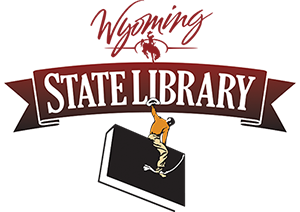 Reposted from ALA District Dispatch
Reposted from ALA District Dispatch
by Larra Clark, Deputy Director of the American Library Association’s Office for Information Technology Policy (OITP)
As part of its modernization of the Lifeline program in March, the Federal Communications Commission (FCC) charged its Consumer and Government Affairs Bureau (CGB) with developing a digital inclusion plan that addresses broadband adoption issues. This month the ALA filed a letter with the Commission with recommendations for the plan.
ALA called on the Commission to address non-price barriers to broadband adoption by:
- Using its bully pulpit to increase public awareness about the need for and economic value of broadband adoption; highlight effective adoption efforts; and recognize and promote digital literacy providers like libraries to funders and state and local government authorities that can help sustain and grow efforts by these providers.
- Expanding consumer information, outreach and education that support broadband adoption—both through the FCC’s own website and materials and by effectively leveraging aligned government (e.g., the National Telecommunications and Information Administration’s Broadband Adoption Toolkit) and trusted noncommercial resources (e.g., EveryoneOn, DigitalLearn.org, Digital IQ).
- Encouraging and guiding Eligible Telecommunications Carriers (ETCs) in the Lifeline program to support broadband adoption efforts through libraries, schools and other trusted local entities.
Building and strengthening collaborations with other federal agencies, including the Institute of Museum and Library Services, the National Telecommunications and Information Administration, and the Department of Education. - Convening diverse stakeholders (non-profit, private and government agencies, representatives from underserved communities, ISPs, and funders) to review and activate the Commission’s digital inclusion plan.
- Regional field hearings also should be held to extend conversation and connect digital inclusion partners beyond the Beltway. There should be mechanisms for public comment and refinement of the plan (e.g., public notice or notice of inquiry).
- Improving data gathering and research to better understand gaps and measure progress over time.
- Exploring how the Universal Service Fund and/or merger obligations can be leveraged to address non-price barriers to broadband adoption. Sustainable funding to support and expand broadband adoption efforts and digital literacy training is a challenge, particularly in light of the need for one-on-one help and customized learning in many cases.
The letter builds on past conversations with CGB staff at the 2016 ALA Annual Conference and the last Schools, Health and Libraries Broadband (SHLB) Coalition Conference. The CGB is due to submit the plan to the Commission before the end of the year.
